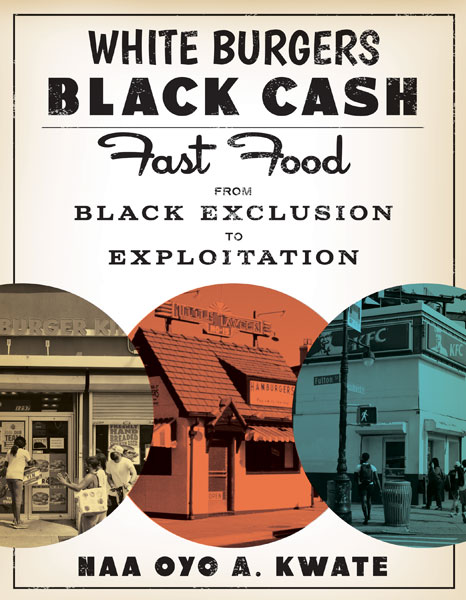Can you have it your way? The consequences of racial capitalism in fast food in America
DOI:
https://doi.org/10.5304/jafscd.2023.124.009
Keywords:
Fast Food, Race, Cultural History, Racial Capitalism, Food Studies, Urban StudiesAbstract
First paragraph:
White Burgers, Black Cash deftly traces the intertwined history of fast food, race, and capital in America. The goal of this monograph is to chart the racial and spatial pathways fast food has traveled, from its genesis in the early twentieth century to the contemporary moment—where it has become heavily concentrated in Black communities. From the onset, Naa Oyo A. Kwate sets the tone for the rest of the study, stating, “Fast food has always been a fundamentally anti-Black enterprise” (p. xiii). The introduction shows how the anti-Blackness of fast food goes beyond health disparities, and instead is rooted in the subordination of Blackness throughout history. The book sets out to outline the history of fast food’s color line, with an emphasis on three cities: New York, Chicago, and Washington D.C. . . .
Metrics

Downloads
Published
How to Cite
Issue
Section
Categories
License
Copyright (c) 2023 Tristian Lee

This work is licensed under a Creative Commons Attribution 4.0 International License.
The copyright to all content published in JAFSCD belongs to the author(s). It is licensed as CC BY 4.0. This license determines how you may reprint, copy, distribute, or otherwise share JAFSCD content.












